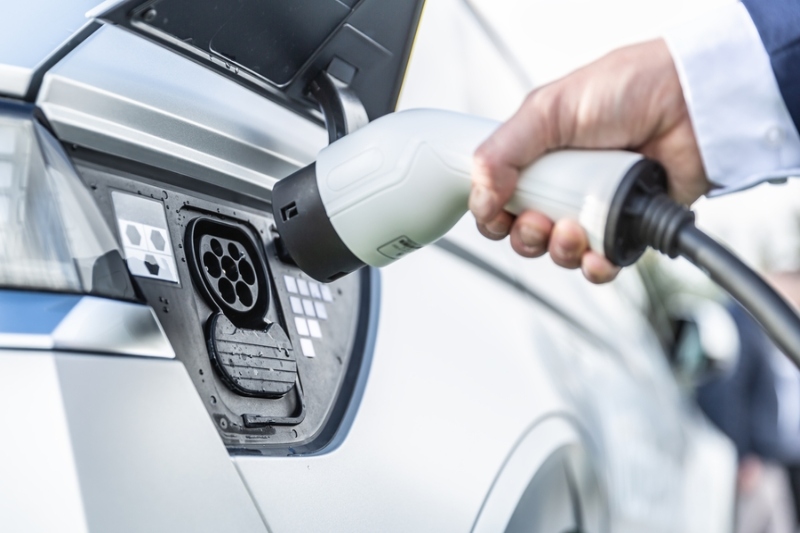

A new report by the House of Lords’ Environment and Climate Change Committee found that the higher purchase cost of EVs, insufficient charging infrastructure and mixed messaging risks slowing down the adoption of EV cars.
The committee found that the On-street Residential Chargepoint Scheme (ORCS) and the Local Electric Vehicle Infrastructure (LEVI) fund provided welcome support for the rollout of charging infrastructure.
However, it warned that ORCS faced ‘significant delays’ in the application process and the LEVI fund was undermined by the ‘slow pace of the rollout’ and ‘limitations in scope’ that prevented it from covering the additional resources that councils needed to deliver EV projects.
The report recommends that the Government extend the LEVI fund, which is due to end in 2025, and continue ORCS alongside it.
Inquiry chair Baroness Parminter said: ‘The evidence we received shows the Government must do more – and quickly – to get people to adopt EVs. If it fails to heed our recommendations the UK won’t reap the significant benefits of better air quality and will lag in the slow lane for tackling climate change.’
A Department for Transport spokesperson said: ‘After more than a decade of Government grants and tax incentives, the number of electric cars on our roads has significantly increased, with over a million now on UK roads.’
This article was originally published by LocalGov.co.uk.
Sign up here to receive our free weekly news bulletin and quarterly e-book.